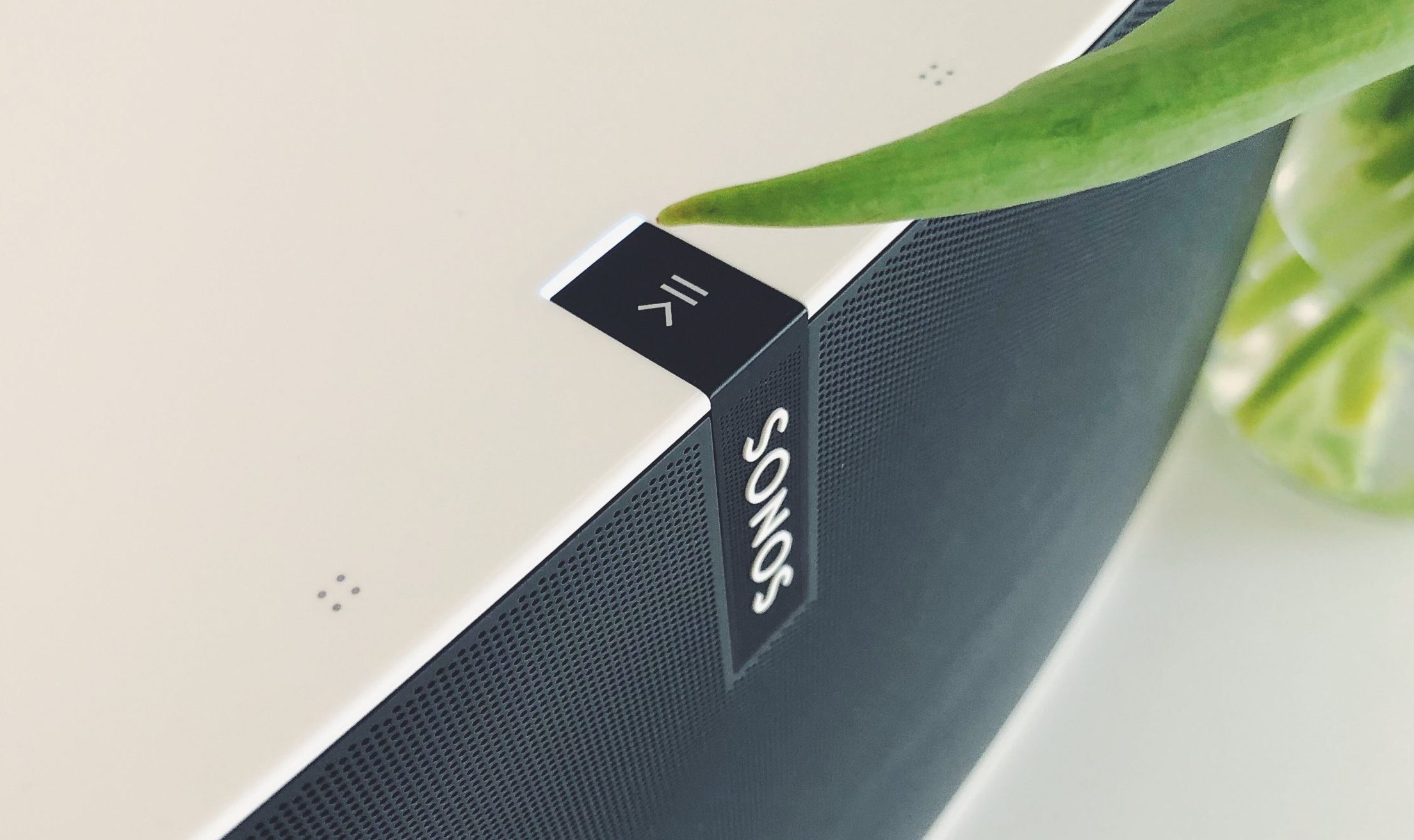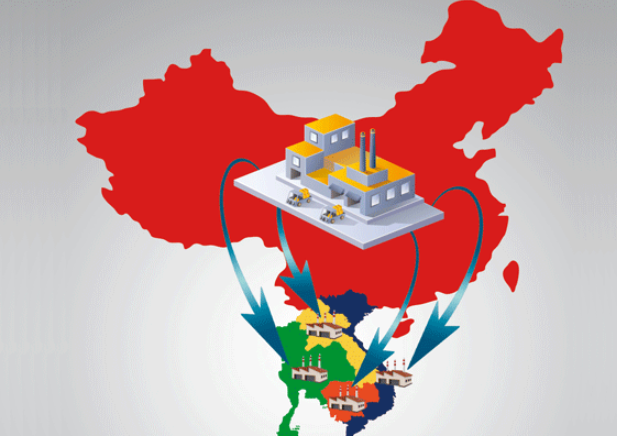In May, the WSJ reported that Sonos, which sells voice-activated, Internet-connected speakers and other audio electronics, plans to source all of its US-bound products from Malaysia by Q4, citing chief financial officer (CFO) Brittany Bagley.
The report said Sonos began relocating orders in 2019 from China to suppliers in Malaysia as part of an effort to diversify its supply chain.
Its tariff cost has since come down, but the company wants to reduce them further as tariffs remain in place between the US and China.
Lower tariff expenses, which are included in the cost of revenue, helped Sonos offset costs from rising expenses for shipping, logistics and semiconductors. Sonos’s cost of revenue grew 63.8% to $167.2 million in the latest quarter, the company said.
At a macro level, the Biden administration is pursuing a tough stance toward China by sustaining some of the tariffs and other hard-lined measures initially imposed by the Trump administration.
Companies like Sonos should keep an eye on trade policy while pushing to expand their supplier networks to ensure adequate inventory levels to satisfy consumer demand.
Talk with us today to understand how middle market and enterprise manufacturing and distributions companies are leveraging Southeast Asian manufacturing capacity to their advantage.




